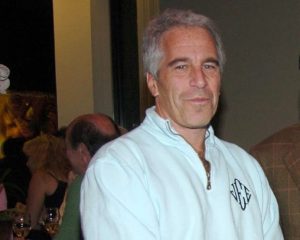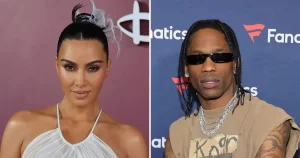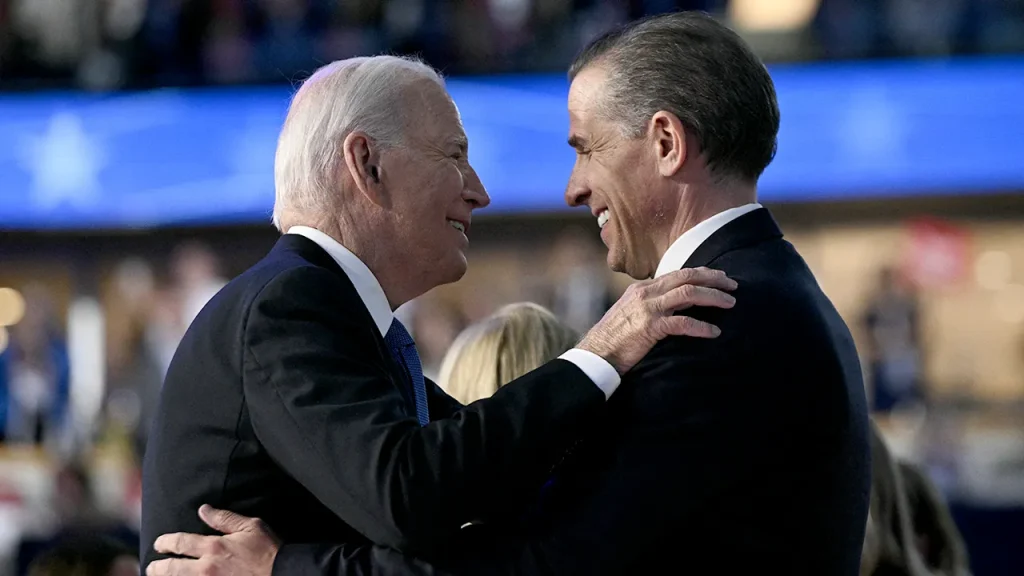Hunter Biden Opens Up About His Presidential Pardon
In a candid interview released on journalist Tommy Christopher’s Substack platform, Hunter Biden shared his perspective on the presidential pardon he received from his father, former President Joe Biden. Speaking with unusual frankness, the 55-year-old son of the former president claimed that his father would never have pardoned him had Donald Trump not won the 2024 election. “Donald Trump went and changed everything,” Hunter stated, suggesting that the incoming Trump administration fundamentally altered the calculus behind the decision to grant him clemency in the final days of his father’s presidency.
Hunter’s legal troubles were significant – he had pleaded guilty to evading $1.4 million in back taxes to the IRS and was convicted on felony gun charges. Despite these serious convictions, Hunter expressed his belief that under “normal circumstances,” he would have prevailed through the appeals process. However, he described Trump’s victory as a game-changer that created exceptional circumstances warranting the pardon. “My dad would not have pardoned me if President Trump had not won,” Hunter insisted, framing the pardon as a protective measure rather than an evasion of justice. The former first son characterized Trump’s incoming administration as planning a “revenge tour” against his father, with himself as the “easiest target” to intimidate the Biden family “into silence.”
What Hunter’s interview notably omitted was information that has since come to light: he was reportedly present during pardon discussions in the final months of his father’s administration. According to testimony from former White House chief of staff Jeff Zients to the House Oversight Committee, Hunter “was involved” in clemency talks and “attended a few meetings.” This revelation adds a complicated dimension to Hunter’s portrayal of the pardon as a decision made solely in response to Trump’s election victory, suggesting instead that clemency discussions may have been underway regardless of the election outcome.
Throughout the interview, Hunter acknowledged his privileged position, stating, “I realize how privileged I am. I realize how lucky I am; I realize that I got something that almost no one would have gotten.” This admission reflects a self-awareness about the exceptional nature of his situation – few Americans facing similar charges would have access to presidential clemency, regardless of the merits of their legal appeals. Yet despite this acknowledgment, Hunter maintained that the pardon was justified given the extraordinary political circumstances created by Trump’s return to power.
The pardon marks just one chapter in the ongoing saga of Hunter Biden’s controversial position in American politics. His business dealings, addiction struggles, and legal troubles became significant political liabilities for his father during both terms, providing ample ammunition for Republican critics. The presidential pardon, while legally closing the books on Hunter’s criminal cases, has done little to quell the political controversy surrounding him. If anything, it has amplified questions about the intersection of family loyalty and presidential power that have dogged the Biden administration.
As Hunter begins a reported new job with a California nonprofit organization, he faces the challenge of rebuilding his life and reputation in the shadow of both his father’s presidency and the controversial pardon that brought his legal troubles to an end. While he may have avoided potential additional legal jeopardy under a Trump administration through this pardon, the court of public opinion continues to deliberate on the propriety of a president pardoning his own son. Hunter’s frank interview offers a glimpse into his perspective on these events but is unlikely to resolve the fundamental questions about privilege, power, and presidential ethics that his case has raised in American political discourse.














